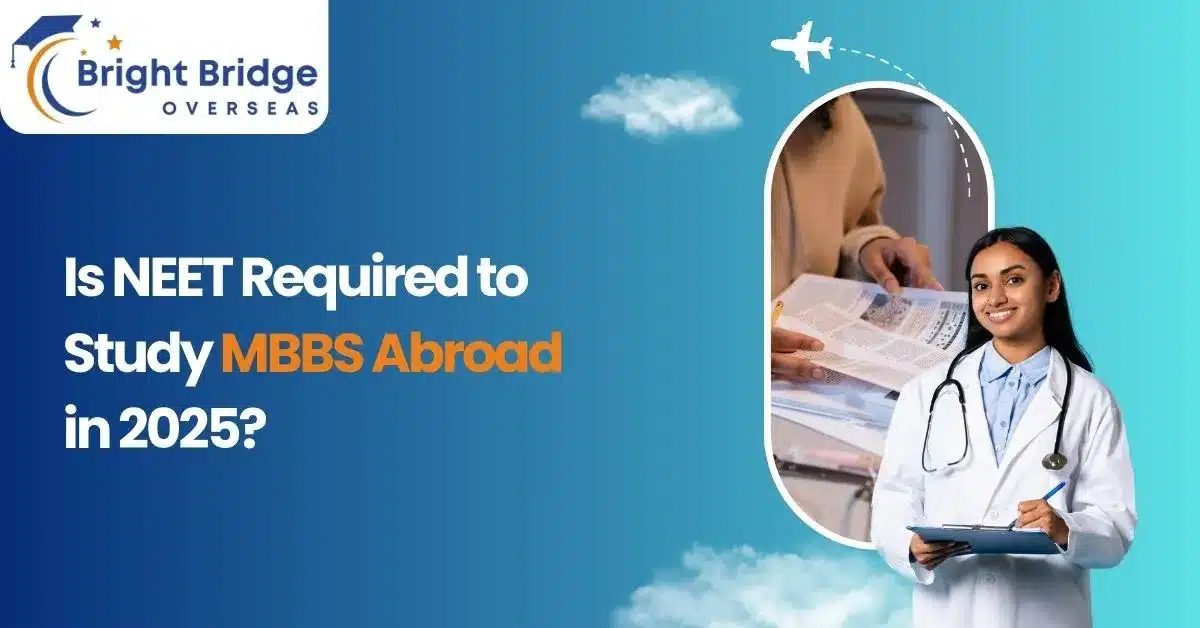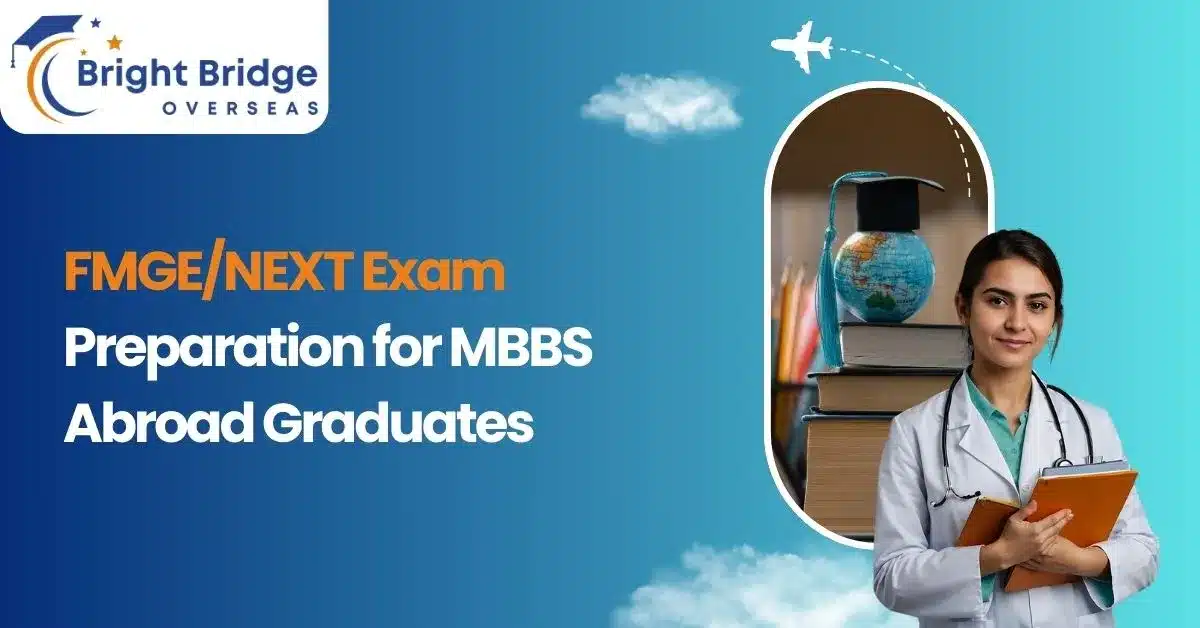Choosing to study MBBS abroad is a life-changing decision for many Indian students. With increasing…

Studying medicine in Georgia has become increasingly popular among international students. The country boasts a robust education system and high-quality medical programs, making it an ideal destination for aspiring doctors. This blog explores the MBBS syllabus in Georgia, highlighting key subjects, practical training, and the overall structure of the program.
Structure of the MBBS Program
The MBBS program in Georgia typically spans 6 years, divided into two main phases: theoretical study and practical training.
Year-wise Breakdown of the Syllabus
Here’s a detailed overview of the MBBS syllabus by year:
| Year | Subjects | Practical Training |
|---|---|---|
| 1 | Anatomy, Physiology, Biochemistry | Dissection Labs, Physiology Labs |
| 2 | Pathology, Microbiology, Pharmacology | Clinical Skills Labs, Microbiology Labs |
| 3 | Community Medicine, Forensic Medicine, General Surgery | Community Health Programs |
| 4 | Internal Medicine, Surgery, Pediatrics | Clinical Rotations in Hospitals |
| 5 | Obstetrics, Gynecology, Psychiatry | Hands-on Experience in Maternity Wards |
| 6 | Electives, Clinical Practice, Research Methodology | Internship in Hospitals |
Here’s a year-wise brief overview of the MBBS syllabus in Georgia:
Year 1: Basic Medical Sciences
- Anatomy: Study of human body structure, including systems like skeletal, muscular, and nervous systems.
- Physiology: Understanding body functions and processes, such as circulation, respiration, and metabolism.
- Biochemistry: Introduction to chemical processes within living organisms, focusing on biomolecules and metabolic pathways.
- Histology: Study of the microscopic structure of tissues and their functions.
Year 2: Advanced Medical Sciences
- Pathology: Understanding the nature of diseases, their causes, and effects on the body.
- Microbiology: Study of microorganisms, their role in health and disease, and infection control.
- Pharmacology: Basics of drug action, classifications, and therapeutic uses.
- Forensic Medicine: Application of medical knowledge to legal issues, including autopsies and criminal cases.
Year 3: Clinical Training
- Internal Medicine: Diagnosis and management of adult diseases and common medical conditions.
- Surgery: Introduction to basic surgical principles, techniques, and patient management.
- Paediatrics: Healthcare for children, including growth, development, and common paediatric diseases.
- Obstetrics and Gynaecology: Focus on female reproductive health, pregnancy, and childbirth.
Year 4: Clinical Rotations
- Clinical Rotations: Hands-on experience in various specialties, including surgery, internal medicine, paediatrics, and more.
- Community Medicine: Study of public health, preventive medicine, and health promotion strategies.
- Psychiatry: Understanding mental health disorders and their management.
Year 5: Internship and Practical Experience
- Internship: Clinical rotations in hospitals, allowing students to apply their theoretical knowledge in real-life situations.
- Electives: Opportunities to explore specialized fields of interest within medicine.
Year 6: Final Preparations
- Advanced Clinical Skills: Focus on refining clinical skills and decision-making.
- Preparation for Licensing Examinations: Review of essential medical knowledge and practices in preparation for licensing exams.
- Electives: Students may choose specialized electives to enhance their knowledge in specific areas of interest.
This structured syllabus aims to provide a comprehensive medical education, combining theoretical knowledge with practical experience to prepare students for successful careers in medicine.
Key Subjects in the MBBS Syllabus
Anatomy: Study of the human body’s structure.
Physiology: Understanding bodily functions.
Pathology: Study of diseases and their effects.
Pharmacology: Knowledge of drugs and their interactions.
Community Medicine: Focus on public health and preventive medicine.
Practical Training and Internships
Practical training is an essential component of the MBBS program. Georgian universities emphasize hands-on experience, allowing students to apply their theoretical knowledge in real-world settings. Key aspects include:
Clinical Rotations: Students participate in rotations in various departments such as surgery, internal medicine, and pediatrics.
Internships: The final year includes mandatory internships in hospitals, providing direct exposure to patient care.
Research Projects: Students are encouraged to engage in research, enhancing their critical thinking and analytical skills.
Why Partner with Bright Bridge Overseas?
Bright Bridge Overseas is dedicated to helping international students navigate their educational journey in Georgia. With a focus on medical education, they provide comprehensive support in:
University Selection: Expert guidance in choosing the right university that fits your needs.
Admission Assistance: Help with application processes and required documentation.
Visa Support: Assistance in securing student visas and understanding legal requirements.
Pre-departure Briefings: Information on living in Georgia and what to expect.
Frequently Asked Questions
What subjects are covered in the MBBS syllabus?
Key subjects include Anatomy, Physiology, Biochemistry, Pathology, Microbiology, Pharmacology, Community Medicine, and Psychiatry. Each subject is designed to build a strong foundation in medical knowledge.
Is the medium of instruction in English?
Yes, most medical universities in Georgia offer MBBS programs taught in English, making it accessible for international students.
What kind of practical training do students receive?
Students gain practical experience through clinical rotations, internships in hospitals, and hands-on training in laboratories, allowing them to apply their theoretical knowledge in real-world settings.
What is the cost of studying MBBS in Georgia?
Tuition fees for MBBS programs in Georgia range from approximately ₹2,50,000 to ₹7,00,000 per year, depending on the university. Living expenses typically range from ₹32,000 to ₹62,500 per month.
Conclusion
Pursuing an MBBS degree in Georgia offers a unique opportunity for international students to receive quality education at an affordable price. With a well-structured syllabus, practical training, and the support of organizations like Bright Bridge Overseas, aspiring medical professionals can confidently embark on their journey. If you’re considering studying MBBS in Georgia, reach out to Bright Bridge Overseas for expert guidance and assistance.


